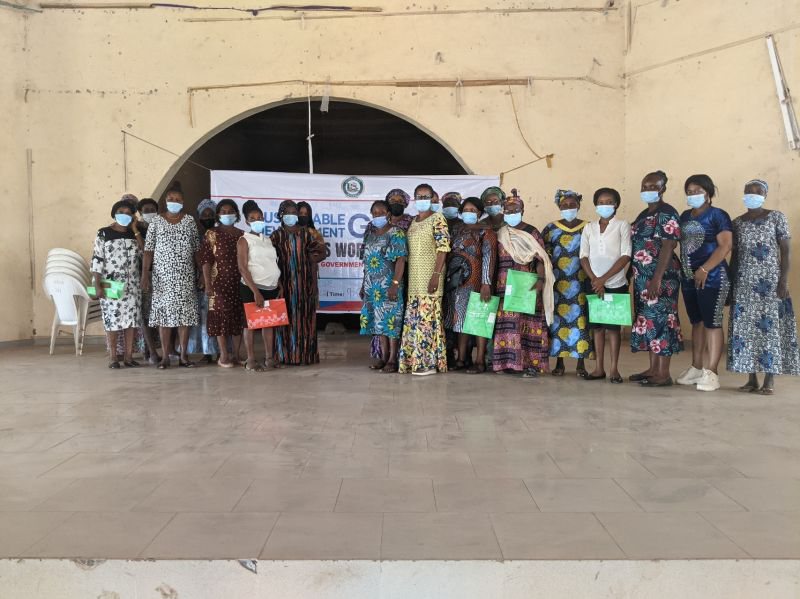Breaking the bias and feminizing agriculture is crucial to achieve food security in Africa, argues Babatunde in today's letter to his farmers.
We cannot over emphasize the importance of women in agriculture, they are irreplaceable in supporting various economic activities; from the primary production, to processing, aggregation of agricultural produce, trading/retailing, workers at the different stages of the value chains and even the final consumer (Decision on where to buy food is largely dependent on them). Therefore, we can never exclude them whenever we talk about the development of the agricultural sector; women are very key stakeholders. According to FAO, women comprise of about 43 percent of the agricultural labour force globally. In developing countries, women produce as much as 60 to 80 percent of the food.
Sadly over the years, we have argued their contributions in this sector and have belittled their efforts due to the patriarchy system our society operated in that brought us to where we are today (Food insecurity). Interestingly in recent times, stakeholders have come to embrace and appreciate the efforts of women more and have come to terms with their irreplaceable value in the sector. Furthermore, visible efforts have been put in to achieve gender equality (through the gender equity approach), with some remarkable and notable results. It is important that we need to do MORE to empower and support women in agriculture by ensuring equitable access to resources (human and financial resources), development of policies that bridge the gender gaps and strong political will to implement them at the different levels, and handholding the women to achieve better results asides empowerment. These are done together to achieve a sustainable tomorrow in the agricultural sector.
In conclusion, achieving food security and zero hunger are key to human development, and a sustainable agriculture can only be possible when we can genuinely break the bias completely, considering the needs of women as urgent human needs and taking care of them without any discrimination. In reality, the women are here with us today (The feminization of agriculture), and the future is closer than we think. What we all do together would determine how sustainable our efforts are to have a prosperous future for all.
Yours-in-Service
Babatunde
Sadly over the years, we have argued their contributions in this sector and have belittled their efforts due to the patriarchy system our society operated in that brought us to where we are today (Food insecurity). Interestingly in recent times, stakeholders have come to embrace and appreciate the efforts of women more and have come to terms with their irreplaceable value in the sector. Furthermore, visible efforts have been put in to achieve gender equality (through the gender equity approach), with some remarkable and notable results. It is important that we need to do MORE to empower and support women in agriculture by ensuring equitable access to resources (human and financial resources), development of policies that bridge the gender gaps and strong political will to implement them at the different levels, and handholding the women to achieve better results asides empowerment. These are done together to achieve a sustainable tomorrow in the agricultural sector.
In conclusion, achieving food security and zero hunger are key to human development, and a sustainable agriculture can only be possible when we can genuinely break the bias completely, considering the needs of women as urgent human needs and taking care of them without any discrimination. In reality, the women are here with us today (The feminization of agriculture), and the future is closer than we think. What we all do together would determine how sustainable our efforts are to have a prosperous future for all.
Yours-in-Service
Babatunde
Related



